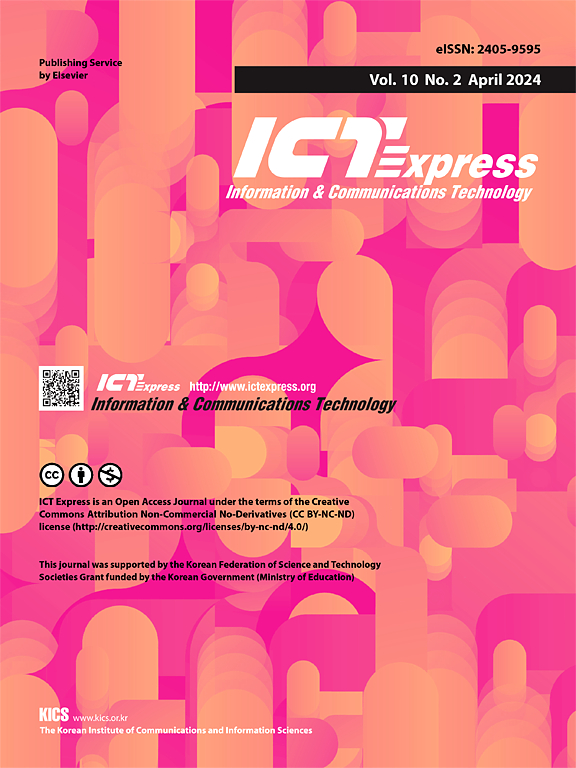FedWT:基于最小生成树加权树聚合的无人机网络联邦学习
IF 4.2
3区 计算机科学
Q1 COMPUTER SCIENCE, INFORMATION SYSTEMS
引用次数: 0
摘要
近年来,通信技术、硬件和深度学习的进步使无人驾驶飞行器(uav)取得了重大进展。然而,由于网络的不稳定性和对中央服务器的依赖性,在无人机环境中应用联邦学习具有挑战性。本文提出了一种基于最小生成树(MST)的加权树聚合(FedWT)的联邦学习方法来解决传输故障、模型更新延迟和单点故障等问题。FedWT使用MST最小化本地聚合过程中的模型交换,并通过动态加权平均解决数据异构问题。它包括一种用于无人机的分散联邦学习方法,模型共享路径调度以减少通信开销,以及一种灵活的基于权重的聚合方法来处理数据异构。仿真结果表明,与传统的联邦学习方法相比,FedWT具有更好的性能和通信效率。特别是,FedWT在高度异构的数据场景下,预测精度提高了2%,通信流量减少了84.98%。在不同的网络拓扑下,FedWT在学习精度和减少损失方面始终优于其他联邦学习方法。未来的工作将优化动态权值调整,验证FedWT在各种场景下的鲁棒性。本文章由计算机程序翻译,如有差异,请以英文原文为准。
FedWT: Federated Learning with Minimum Spanning Tree-based Weighted Tree Aggregation for UAV networks
In recent years, advances in communication technology, hardware, and deep learning have led to significant advancements in Unmanned Aerial Vehicles (UAVs). However, applying federated learning in UAV environments is challenging due to network instability and dependency on central server. In this paper, the Federated Learning with Minimum Spanning Tree (MST)-based Weighted Tree Aggregation (FedWT) is proposed to address transmission failure, delayed model updates, and single point of failure problems. FedWT uses MST to minimize model exchange during local aggregation, and addresses data heterogeneity through dynamic weighted averaging. It includes a decentralized federated learning method for UAVs, model sharing path scheduling to reduce communication overhead, and a flexible weight-based aggregation approach to handle data heterogeneity. Simulation results demonstrate the superior performance and communication efficiency of FedWT compared to traditional federated learning methods. In particular, FedWT achieves up to 2% higher prediction accuracy and reduces communication traffic by up to 84.98% in highly heterogeneous data scenarios. Under different network topologies, FedWT consistently outperformed other federated learning methods in terms of learning accuracy and loss reduction. Future work will optimize the dynamic weight adjustment and validate the robustness of FedWT under various scenarios.
求助全文
通过发布文献求助,成功后即可免费获取论文全文。
去求助
来源期刊

ICT Express
Multiple-
CiteScore
10.20
自引率
1.90%
发文量
167
审稿时长
35 weeks
期刊介绍:
The ICT Express journal published by the Korean Institute of Communications and Information Sciences (KICS) is an international, peer-reviewed research publication covering all aspects of information and communication technology. The journal aims to publish research that helps advance the theoretical and practical understanding of ICT convergence, platform technologies, communication networks, and device technologies. The technology advancement in information and communication technology (ICT) sector enables portable devices to be always connected while supporting high data rate, resulting in the recent popularity of smartphones that have a considerable impact in economic and social development.
 求助内容:
求助内容: 应助结果提醒方式:
应助结果提醒方式:


